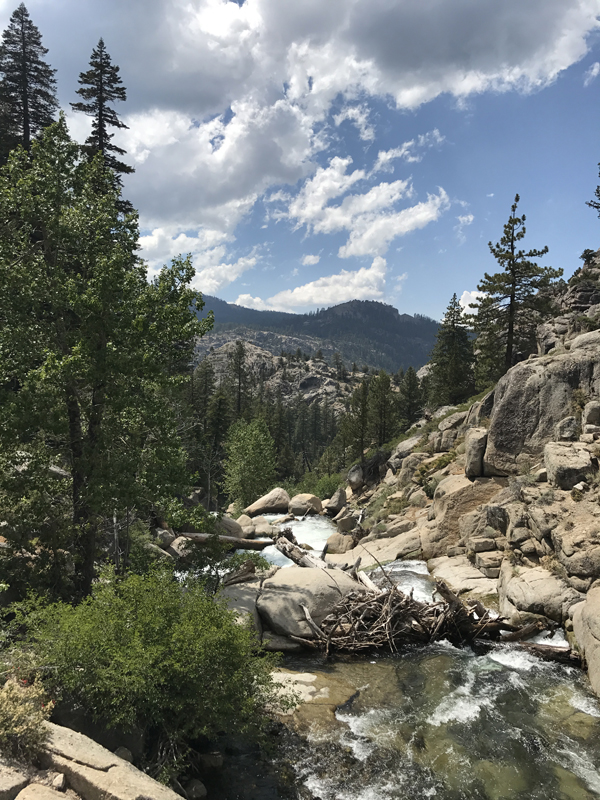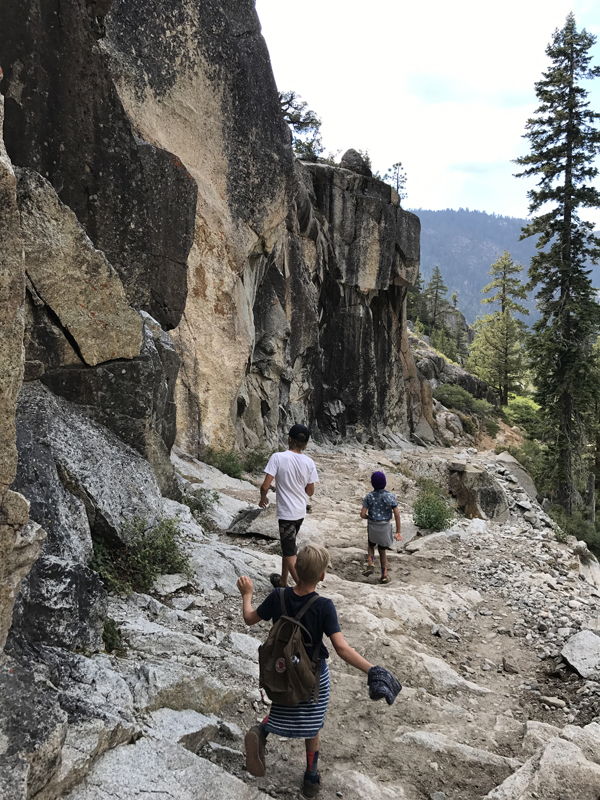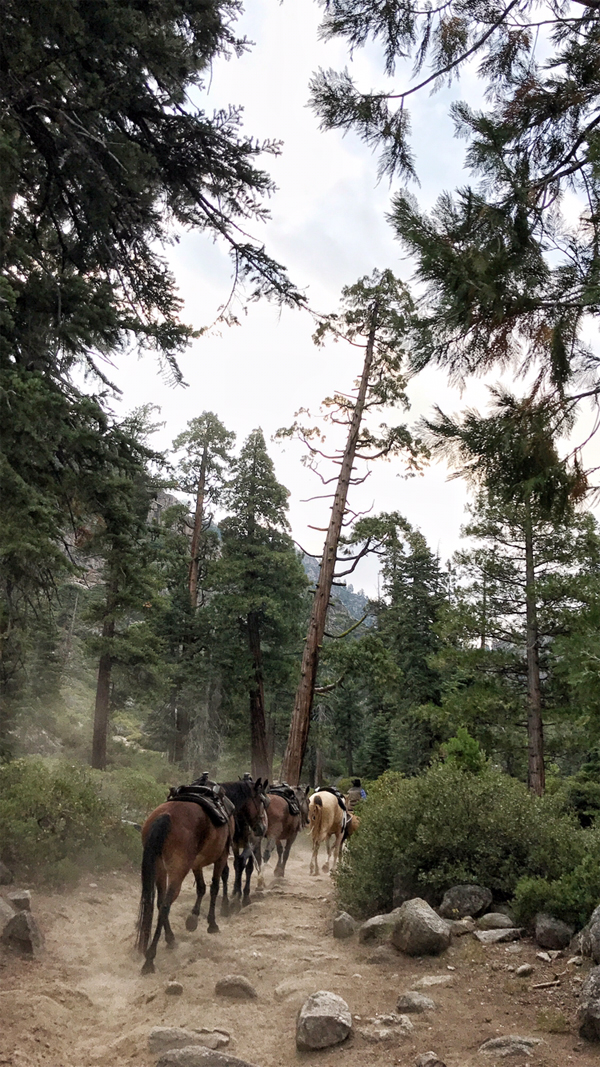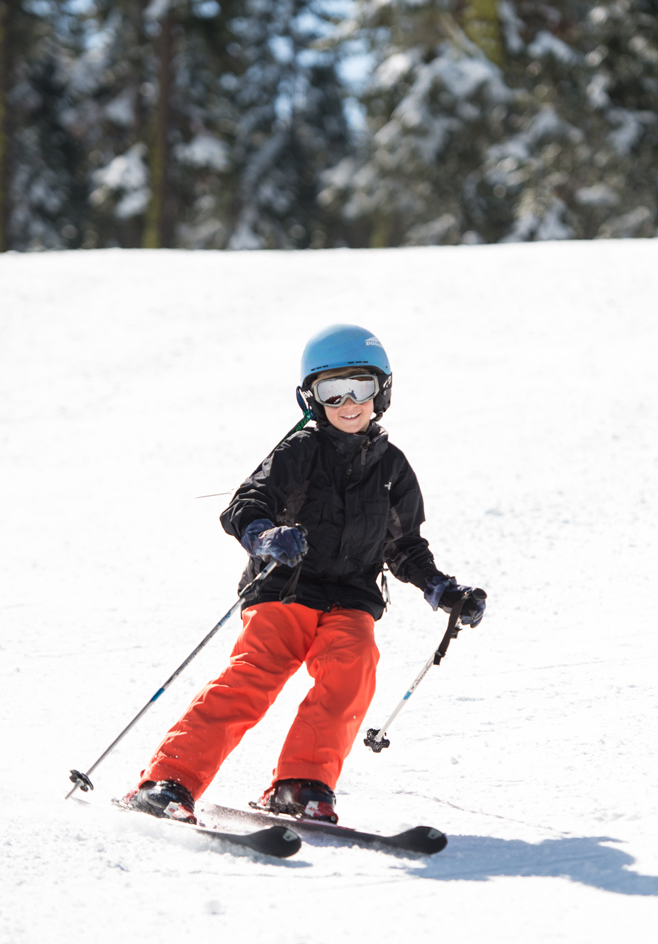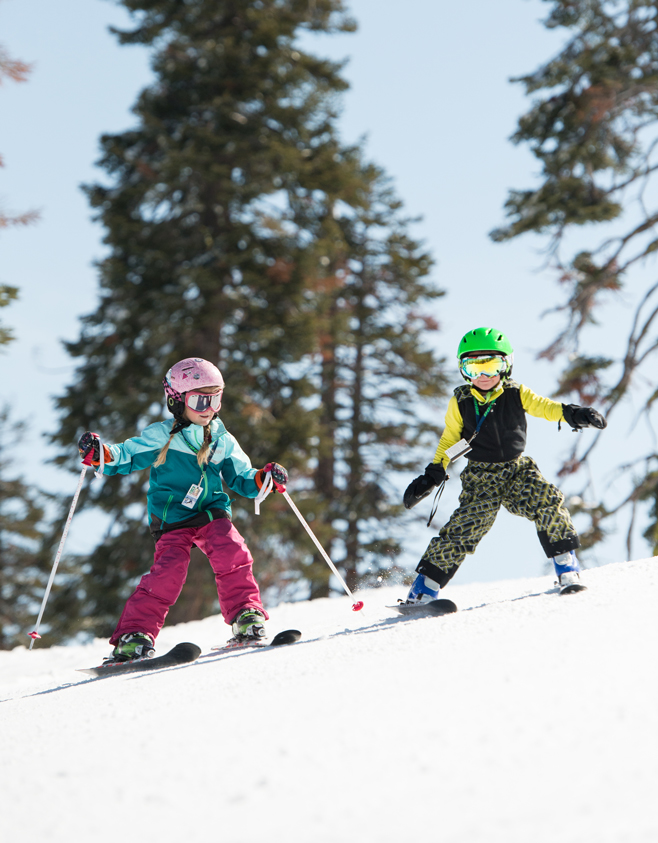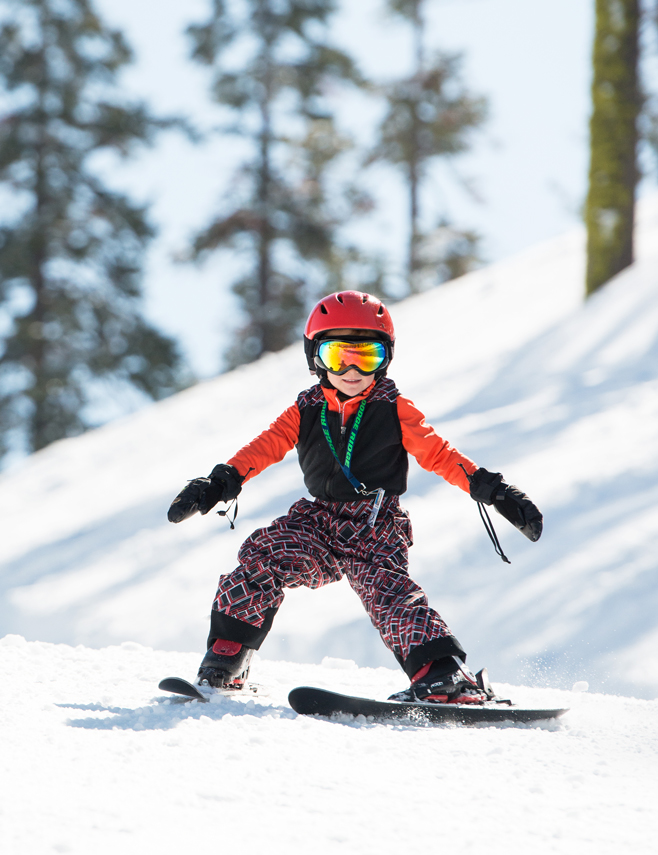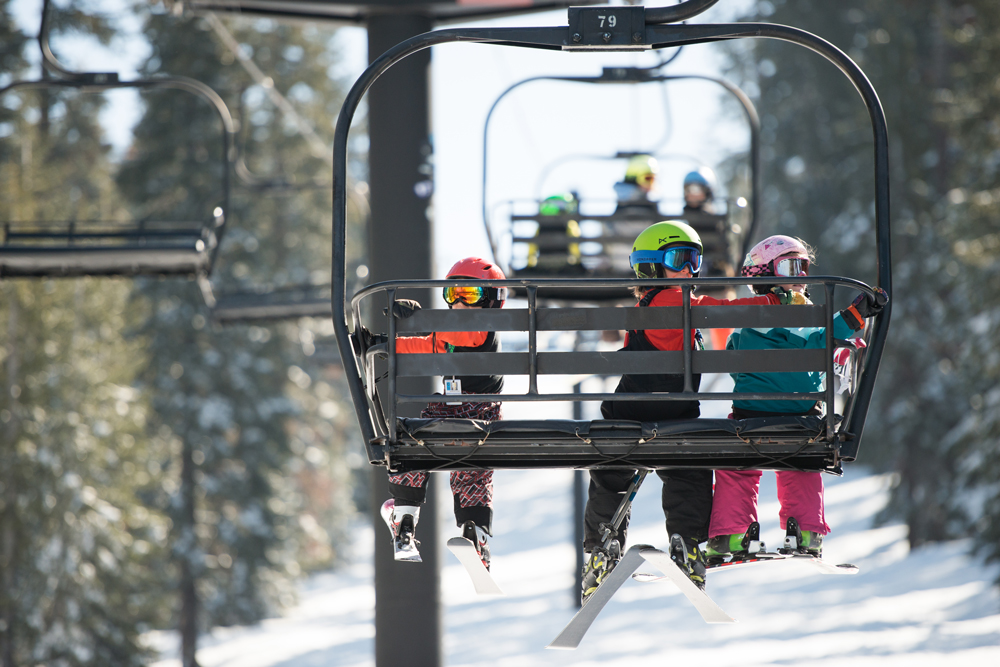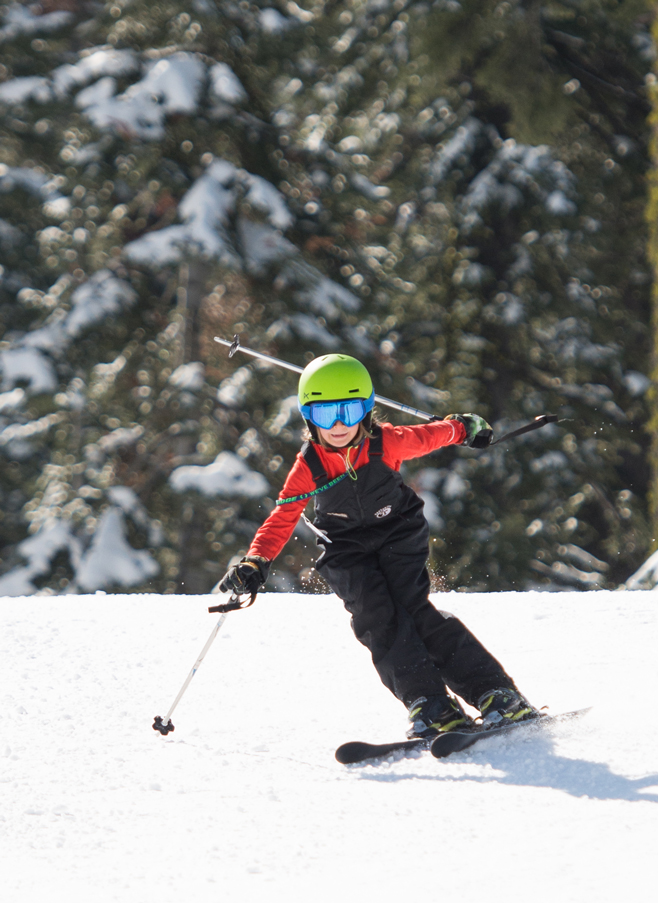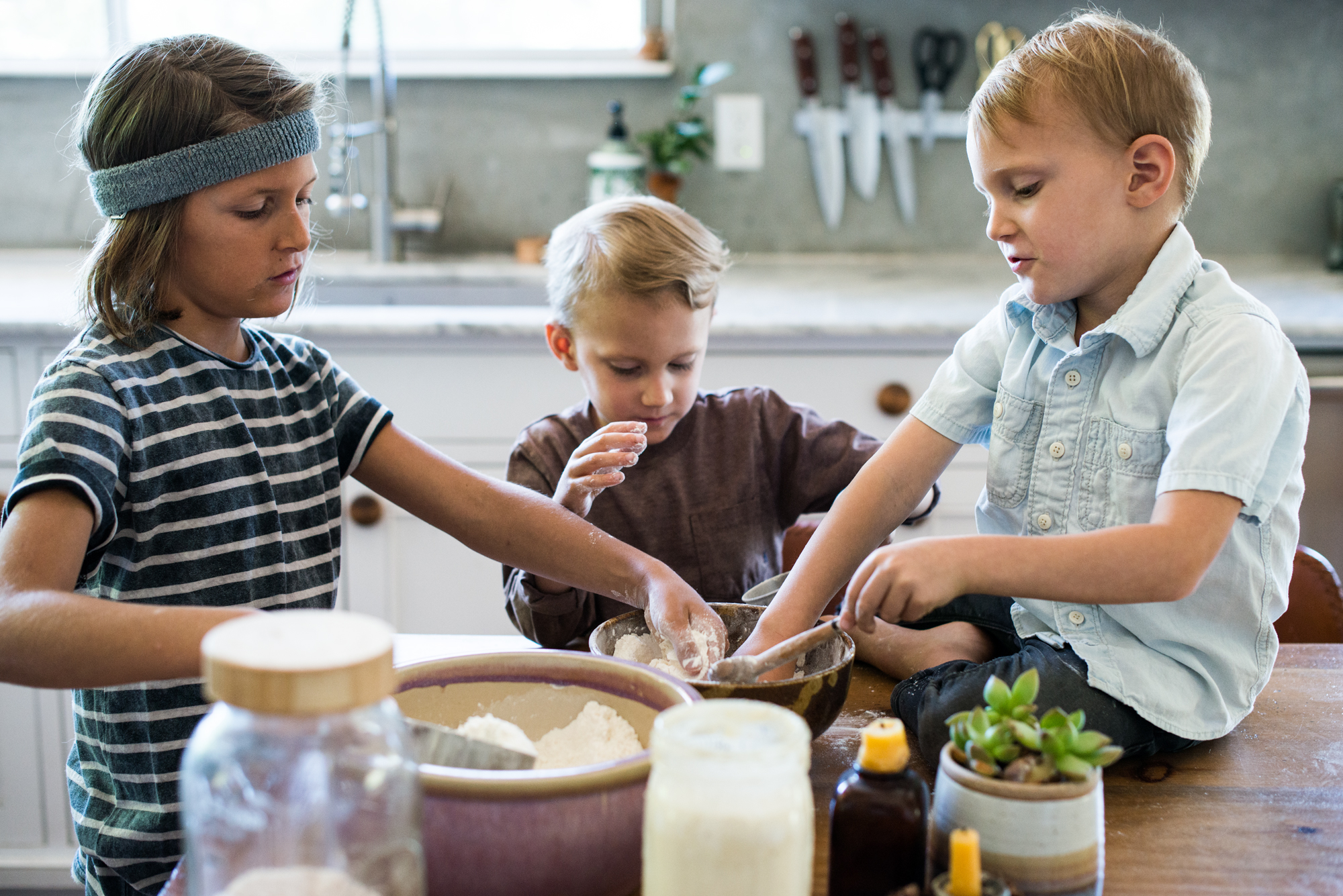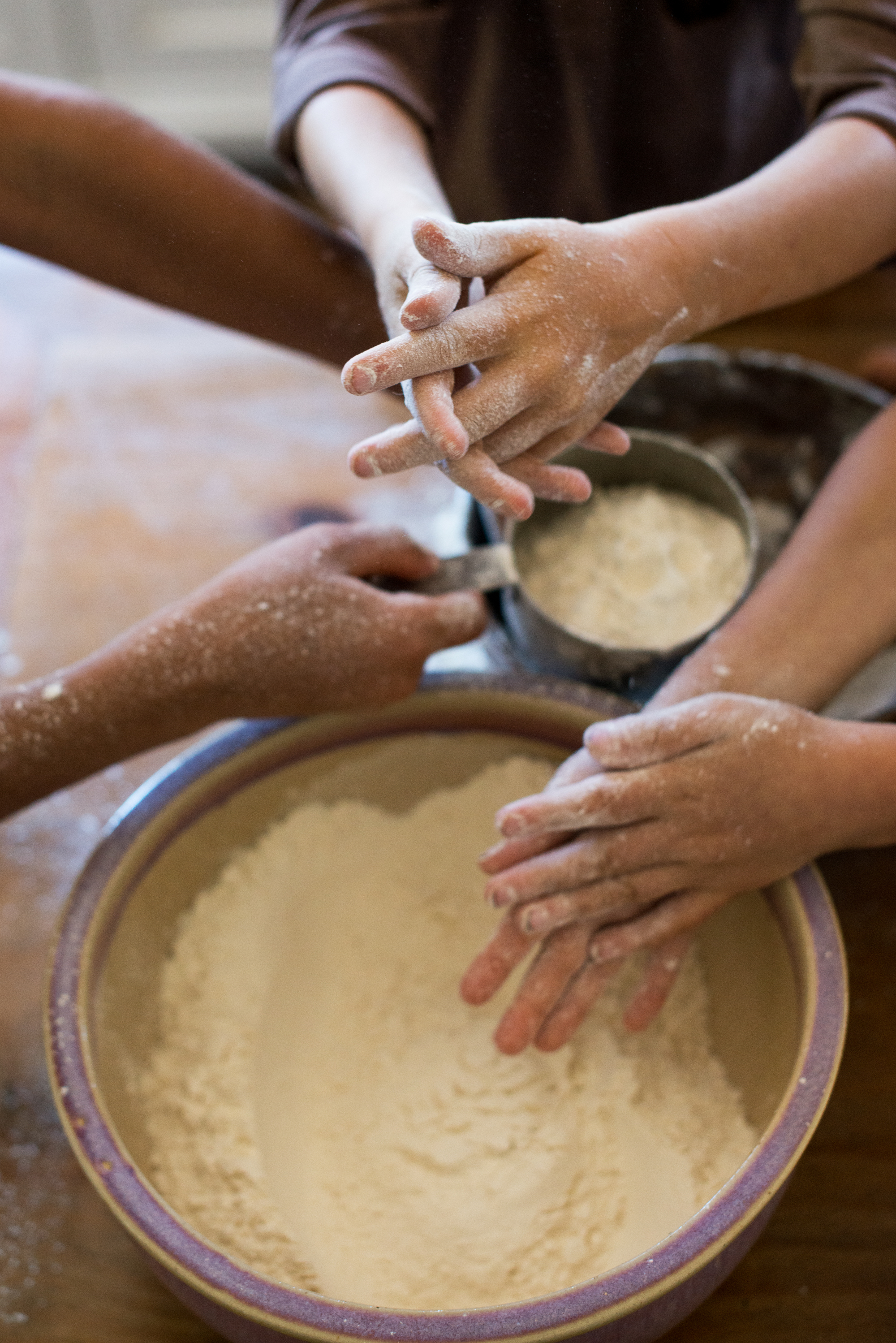Hi friends! I wanted to write a follow-up post to my manuals. While I spent a lot of time and effort trying to cover everything I would have wanted to know at the beginning of our homeschooling journey, I am afraid I did not. That’s okay, though, because this post will act as a bonus. :)
If this post does not cover any additional questions that you may have had after reading both manuals, please ask in the comments below and I will add in the information accordingly.
Also, these images have nothing to do with schooling, but I have some iphone snaps from our annual Kennedy Meadows trip, and they need to be put somewhere!
HISTORY:
Some homeschooling methods encourage chronological history, so that the student has an idea of a correct timeline, matching the beginning of history to the beginning of their educational journey. We actually started homeschooling with ancient history, and after yawns and complaints (from both the children and myself!), we moved on to something more developmentally applicable. Since young children have basic knowledge of what country they live in and the culture they’re apart of, it’s a good idea to start with what is familiar to them…potentially stories from the Bible and/or American history. We used an adapted version of Beautiful Feet’s Early American History to accomplish learning history through appealing stories and literature.
Throughout the past years, our literature choices have bounced all around from covering Biblical times to the Depression, the Sudanese Civil War to the American Civil War, and from westward expansion to World War II, just to loop around and learn a little bit about the French Revolution! It seems confusing, doesn’t it? It can be, but when children are caught up in story, they're not always thinking about timelines, specifically if they're not developmentally ready to do so.
I would encourage you to read about what is of interest to both you and your children. They will figure out the timeline at their own developmental pace, and when they do, it will be theirs to own because it wasn’t introduced to them in a formal matter.
I was second-guessing our “shooting from the hip” philosophy when my oldest started creating an exclusive timeline without my prompting. He had been asking where the heroes and heroines that we were reading about fell into place, and wanted a visual of the time span between wars and events we had learned about. He was then able to research the dates on his own and write up a timeline to quench his curiosity.
I don’t believe every child will do this, but those that are interested in history will naturally want a greater understanding and those that are interested in other subjects will seek knowledge with such fervor in different areas. When they own their research process, the information is further retained and therefore useful in the future.
PLANNING:
I didn’t cover school planning in the Getting Started Manual, because not a lot of planning goes on. You can still plan and adopt a literature based, “unschooling” philosophy! Some people need a plan. I get it!
I always try to spend a little time prior to the new school year in prayer and anticipation for what is to come. I will ask the Lord for a word that may represent the upcoming school year. Words in the past have been “Grace”, “Discipline”, “Bold”, and this year, he gave me the word “Time”. Originally I thought he was going to really work on time management with me (which is going to be a challenge), but I have a feeling this word will manifest in many ways that I can’t even predict. I’m excited to see what’s to come of it.
During my planning for the year, I make a list for each child. I try to keep the list as simple as possible, because I like to be able to cross off an entire list! Under each name includes about 3-4 academic or personal goals that I would like them to accomplish, along with a few subjects or book ideas that I know they would enjoy or that will stretch their typical reading genre. Keep in mind; this list is a foundation for their year of learning, not a scope and sequence. There will be many other additional books to read and activities to participate in.
The following are examples for this year:
Carter (Grade 6):
-Online Algebra I class, HSLDA
-Keyboarding mastery (we are trying Edutyping this year)
-Personal Vocabulary Log (in addition to our Morning Collective log)
-Literature: Around the World in 80 Days, To Kill a Mockingbird, A Wrinkle in Time, The Hiding Place
-Piano and Violin
Everett (Grade 4):
-Math Mammoth Grade 4
-Daily Independent Keyboarding
-Sequential Spelling, in small blocks
-Literature: Swiss Family Robinson (audio), The Big Wave, On to Oregon
-Research and implement Acrylic-painting techniques
-Piano and Ukele
Scarlett (Grade 2):
-Math Mammoth Grade 2, introduce multiplication & division concepts
-Gentle introduction to Sequential Spelling, if needed
-Literature: Thornton Burgess Adventure Series, The Secret Garden and Heidi (audio)
-Horse riding
August & Elias (Kinder):
-Basic Math Concepts, addition & subtraction, measurement, analysis (all through play)
-Phonogram memorization – beginning reading (if ready)
-Audio Books: The Boxcar Children, The Fairchild Series, Little House Series
-Form drawing
Aside from my yearly planning, I get together with a few moms every Sunday afternoon at a nearby Starbucks to “plan” for the week. Some of them are planners and actually fill their calendar, and then others aren’t but gather together to discuss books and ideas. This is where I usually pick out a verse for the week to memorize as well as plan future field trips or peruse the internets for some hands-on learning that works with our current subject of interest. I will often tweak our rhythm if needed or make notes on individual children’s needs. Those few hours have been the sweetest gift for me as a homeschooling mother. It’s so nice to take a few hours out of the week away from my children and become refreshed and inspired for the week to come.
NATURE DAYS/ FIELD TRIPS:
I talk about experiences in the Getting Started Manual, but I don’t mention nature all that much. I guess I assumed that it’s pretty evident how important nature appreciation and awareness is in our family. Being in nature is a big part of our family culture and now it’s just a much a part of our day and week as brushing teeth or resting. I know it started with a simple plan, ten years ago, to get my kids outside every single day. Now the goal seems so simple, but as a young mom, especially when it was raining or cold, getting outside everyday was not an easy task. The kids are the fruit of that commitment now. They don’t care about weather (well, most of them don’t!), but they do care about being outdoors and exploring.
Years ago, I had purchased a few field guides for our area because I had noticed how in tune the children were with the surrounding birds, plants, bugs, etc… having those available at all times caused a spark in their interest and they took off with their own nature study. We now have a collection of field guides, survival books, foraging books, and local animal guides. There is no formal study of the nature around us, but they take it upon themselves to be aware of their surroundings. They’re still learning (Everett almost ate poisonous berries the other day, gasp), but they’re doing it on their own. I love that.
For nature journaling, we take our notebooking technique and apply it to nature experiences. When we are out and about, the children will pick a plant that they are unfamiliar with, or some sort of acorn or mushroom. If they can’t identify it at the location, they will bring it home, research, illustrate, and write about it and our experience. No nature journal, just nature experiences. This keeps things simple for me and for storage. Plus, in the beginning we tried the nature journals and they would get so filthy out in the woods and the children would not give their best work because they wanted to explore and play.
If you are in a city and don’t have a lot of opportunities for getting out in nature, I encourage you to check out the feed of @maandpamodern. She has really embraced getting out and making it a priority to have her kids in nature, even if it entails sitting in traffic for a few hours. She’s amazing!
I want to remember this moment forever! This was about mile 12 of an 18 mile hike we had done with these four kids. They've been hiking long distances for a few years now, but this was the longest we took them. Two of the miles were water and marsh, all through a field in the high-elevation sun. Here they are taking a break, washing their feet and putting back on their wet and muddy shoes. Troopers. They inspire me!
- LEGAL STUFF:
There are different options for homeschooling, and this is a very personal decision for families to make on their own. We have been under a private umbrella for the past three years and it’s been the sweetest experience. They were hands-off as far as requirements, but incredibly supportive when needed. An umbrella school is a private school set up that typically keeps records and handles group activities and opportunities so that you are not isolated as a homeschooler. If you shy away from too much activity and requirements, but still want community, finding an umbrella school is a fantastic idea.
A lot of people do charters because of the funds available and the expectations. It can be kind of scary starting homeschooling, knowing you are in charge of your children’s education. Being under a charter allows you to have your very own teacher-mentor (Educational Specialist is the technical term) who can guide you with curriculum choices and advise you on your children’s educational needs. Some offer large sums of money, which is incredibly beneficial, especially when you offer your children expensive, high quality art materials.
However, you are responsible to the state, some charters require a lot of record keeping and preparation, and some states require testing. Every year I visit the idea of doing a charter because of the funds, but I consider the loss of freedom we would experience in our home and usually shy away. I have heard of amazing charter schools that allow a lot of freedom and require little planning or records, but in our area we do not have such options, unfortunately!
This year, we are having a go at being our own private affidavit. This means we will be signing up as our own private school. The effort to register is super minimal and the requirements for academics are up to the parents’ discretion. If filing for a private affidavit, make sure to enroll under legal council. The Home School Legal Defense Association charges $120 per year and covers all of your legal needs, should one arise. Believe it or not, people do call on families whose children are climbing trees rather than sitting in a classroom (!). Having a legal advisor a phone call away protects you from having to deal with any of that—not to mention, there are a ton of other resources they provide, such as transcript help and accreditation solutions for those high school years.
SAVING MONEY:
I would like to make it clear that I do not budget for our homeschooling (just in case you were under the impression that I'm some amazing thrifty homeschool mom--I am not). While our family lives on a very tight budget for our primary needs (thank you Jason for your stewardship), our homeschooling funds come from my own work. There are seasons where income is limited and we rely on the library for all of our literary needs, and there are seasons where we can travel somewhere fun, buy books when we need them, and purchase nice art supplies and manipulatives. Even when we are in a prosperous season, basic educational needs are never fun to pay for (ie: paper, pencils, and printer ink). I wanted to share with you a few ways that we cut a few corners financially:
- HP Instant Ink Program: For $10/ month, we get 300 pages of color or black and white printing. The ink is not charged by amount of ink used but by pages. Since color is included in this, you can technically print out 300 pages of full color images and still be charged $10. This program is perfect if you notebook often and print google images in full color. It also works well for printing those full-color digital manuals that some people put out. ;) You do have to own a relatively new HP printer, though. Be sure to check on that.
-Notebooking Storage: This is mentioned in the Notebooking Manual, but rather than having multiple folders for different subjects, we've simplified our notebooking down to two folders: Verses & Hymns (1/2") and then an "everything else" folder (2"), which is labeled by the child's name and school year. Those folders, if buying the beautiful recycled ones, add up quickly and this strategy cuts some cost and space.
-Library: This may be a given, but not until last year was I able to frequent the library comfortably; mostly due to the chaos of bringing five children into a place where they were supposed to be quiet and still. There were times when I didn't have any funds but needed a handful of books because of a special interest the children had and the library was a lifesaver. You can usually go online and save them (once you have a library card) so that your library chaos exposure is limited. I know this is widely known, but if you're a mom of little ones, and you avoid the library, this information may be helpful to you. :)
When the time comes that the library is enjoyable (and it will come!), teach your older children how to work the call number system so that they can look up their favorite subjects and pick out their own books. Have them partner up with your younger children to do the same and you will be surprised at how much they learn and come to love the library. Eventually they will build a relationship with certain librarians, and after due time (no pun intended!), the librarians will set specific books aside or keep a running list of recommended literature for your children. What a special dynamic!
I will try to add more ideas as they come to me, but those three were game changers for me. :)
As for any additional questions (that were not covered in the manuals!), please leave them in the comments (and check back!). I really hope you have a wonderful and exciting year!








